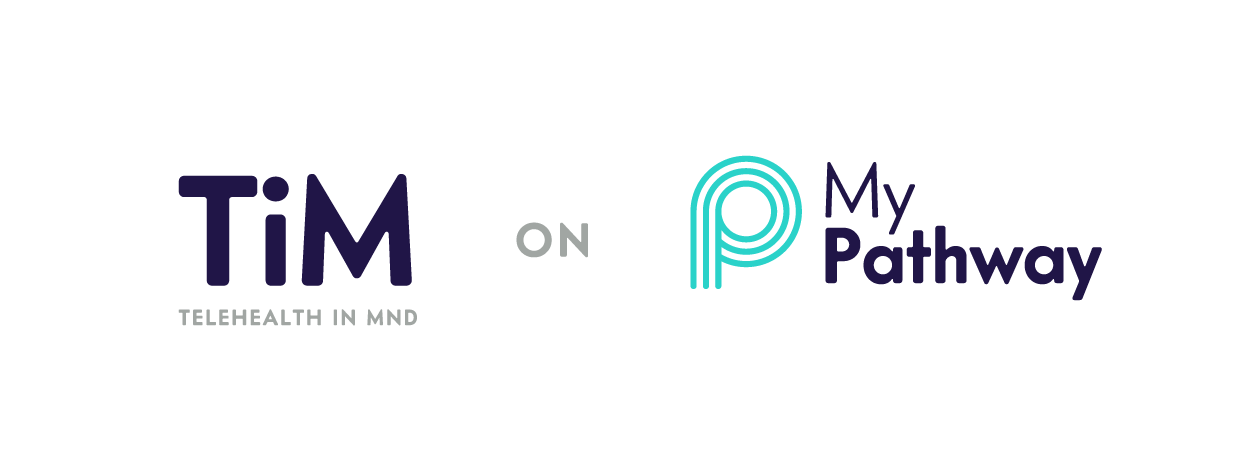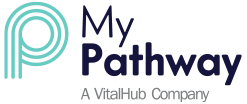Remote Monitoring
Remote Monitoring enables clinicians to deliver care to patients within the comfort and safety of their own homes.
Benefits of Remote Monitoring
How does it work?
Patient List Upload
The patient list is uploaded into the clinical portal. This can be a specific patient list or an entire patient cohort.
Mass Communication
Communication to register for MyPathway is sent to patient(s) via email, SMS or letter.
Registration
The patient registers for MyPathway via web browser or they can download the MyPathway app. Registering for MyPathway takes approx. 1 minute.
Welcome to MyPathway
The patient receives a Welcome to MyPathway personalised message.
Regular Questionnaires
The patient is sent regular questionnaires about their condition, for clinicians to review and monitor in the clinical portal.
Monitoring
The patient is asked to regularly update their measurements such as Blood Pressure, Weight, Oxygen and Heart Rate.
Resources
The patient has access to personalised resources to support self-management.
Goals
The clinician can assign goals to patients to complete to support their care.
Clinical Review
The clinician can review and monitor patients progress and measurements via the clinical portal and intervene if necessary.
How remote monitoring can be implemented within your service

MyPathway Critical Care
MyPathway Critical Care allows clinicians to see patients progress more clearly when they have spoken with the Follow Up Nurse or if they are seen as an outpatient around 4 to 6 weeks after they have left hospital. Patients are reminded to enter daily recordings, such as distance walked, sleep pattern and heart rate. They can also answer questionnaires every 2 weeks to measure how well they feel and check on their mental health.
MyPathway Cardiovascular and Respiratory service
MyPathway Cardiovascular and Respiratory can remotely monitor key physiological parameters from patients to help assess risk and priorities for intervention. MyPathway ensures a coherent approach across multiple departments and deliver results reliably and efficiently.
MyPathway enables a seamless approach where patients can have their wellbeing monitored effectively and their care needs delivered efficiently. Patients are also empowered to play a more significant role in their own care. Patients interact with the app by answering questionnaires, track their goals such as their step count and input their data such as blood pressure, weight, Oxygen (SpO2) and heart rate. This enables clinicians to monitor their patients remotely and with real time data, facilitating a more accurate patient review and can offer remote assistance to patients to problem-solve and adhere to therapeutic treatments.

TiM on MyPathway
Telehealth in Motor Neuron Disease (TiM) on MyPathway is a result of the partnership between ADI, the University of Sheffield’s Institute for Translational Research (SITraN) and Sheffield Teaching Hospital with funding provided by MND Scotland.
TiM on MyPathway connects patients living with MND to their healthcare provider and allows patients to be monitored and supported from the comfort of their own homes. Clinicians are alerted to any concerns or changes in their patient's condition. Patients will be able to access specially developed resources designed to help them manage their condition.
TiM on MyPathway encourages patients to complete weekly questionnaires, designed to track their mental wellbeing, as well as their appetite. Clinicians are then able to assess the data and action the appropriate intervention if the patient's health needs should change at any point.
Whilst the transformation to remote monitoring has been accelerated by COVID-19, it's becoming clear that this approach to care is here for the long-term. Specialised remote monitoring is making a real difference to those living with MND and is ensuring that they will continue to receive the highest quality of care.
